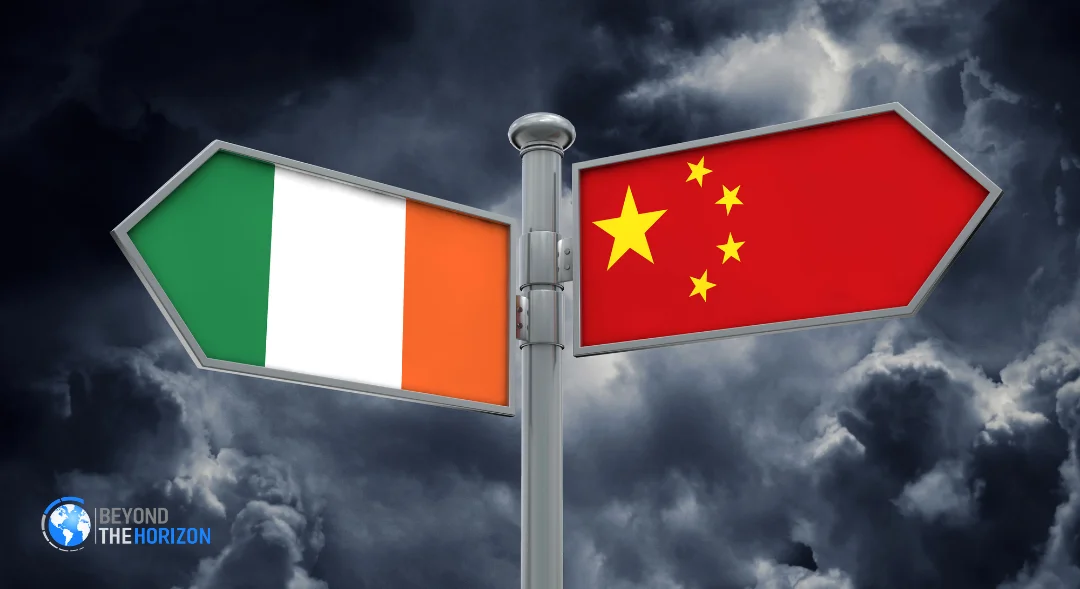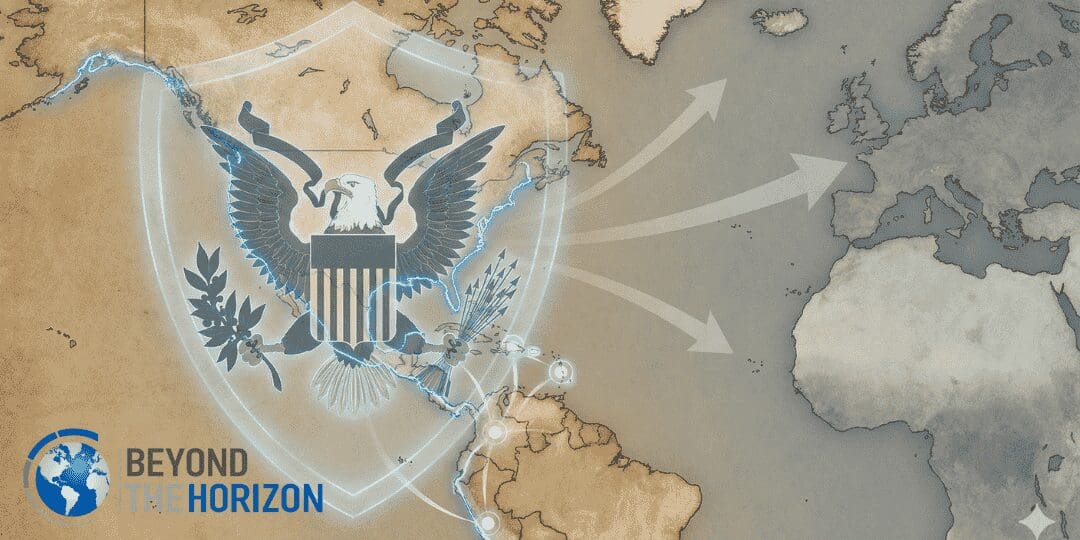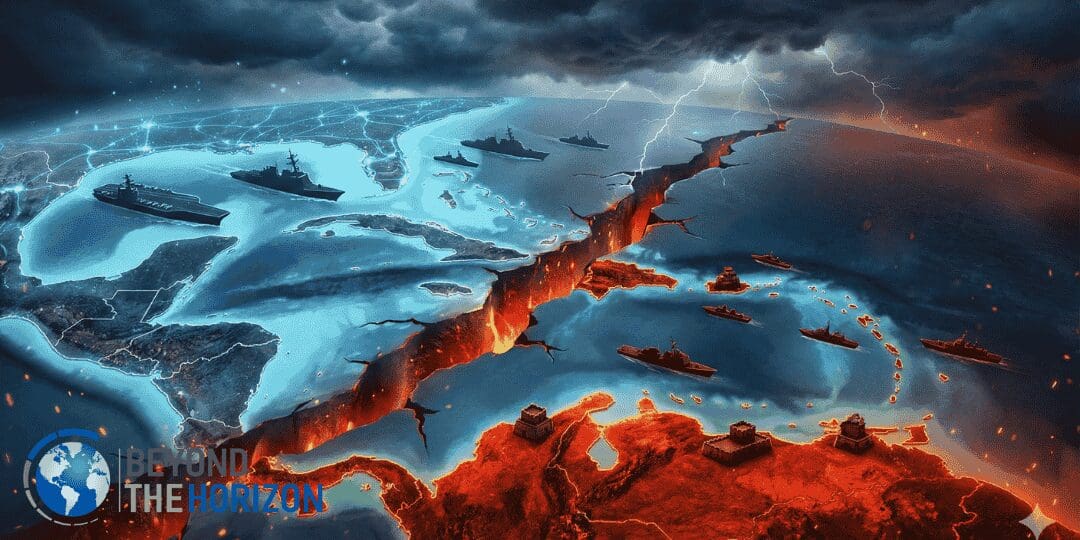
by Transatlantic Task Force | Jan 7, 2026 | Infographic
Infographic: China-Ireland Relations 2026 Official Bilateral Mission Report 2026 Ireland & China Executive Summary The January 4–8, 2026, visit by Taoiseach Micheál Martin marks the first Irish leader’s mission to China in 14 years. With €36 Billion in annual trade,...

by Transatlantic Task Force | Jan 5, 2026 | Commentary, Geopolitics & Great Power Politics
Key Takeaways Trump’s second-term strategy explicitly revives Monroe-style hemispheric dominance, defining the Western Hemisphere as a privileged U.S. sphere and treating migration, cartels, and Chinese influence as primary security threats. The regime-change...

by Transatlantic Task Force | Dec 19, 2025 | Energy Security, Infographic
China-Venezuela: All-Weather Strategic Partnership The "All-Weather" Strategic Partnership (2024-2025) Diplomatic Briefing: December 17, 2025 Update Geopolitical Shielding Amidst growing U.S. naval presence in the Caribbean, China has reaffirmed its stance as...

by Transatlantic Task Force | Dec 14, 2025 | Infographic, Political & Hybrid Warfare
The European Union Agreed to Indefinitely Freeze Russian Assets The December 12 Breakthrough On December 12, 2025, the European Union agreed to indefinitely freeze Russian central bank assets held within the bloc. This strategic move eliminates the previous six-month...

by Transatlantic Task Force | Dec 11, 2025 | Infographic, Peace & Conflict Management
The Collapse of US-Venezuela Relations (2024-2025) Infographic Report Situation Report: Following the disputed 2024 re-election of Nicolás Maduro and the return of the Trump administration in 2025, relations have shifted from diplomatic estrangement to active...






